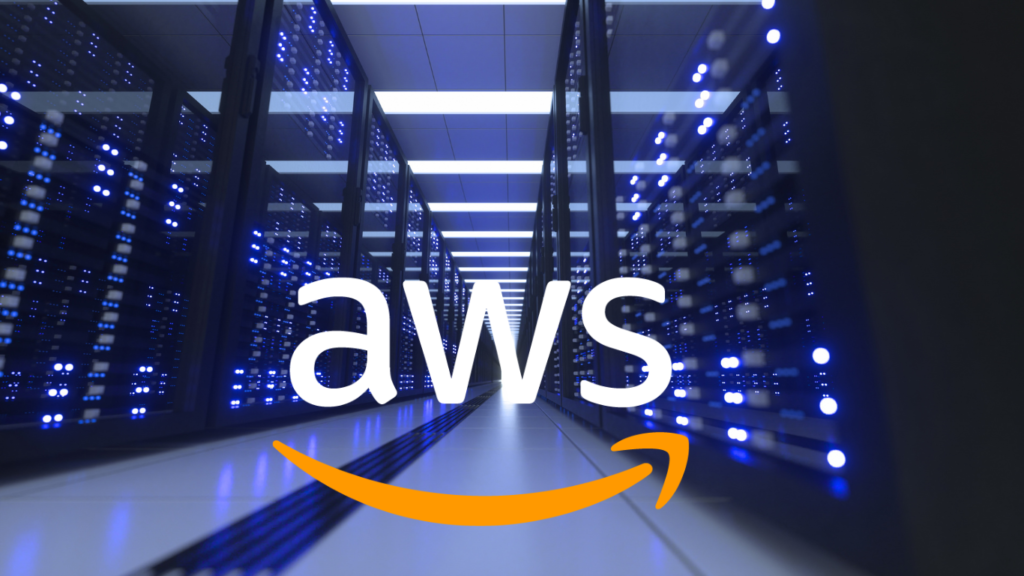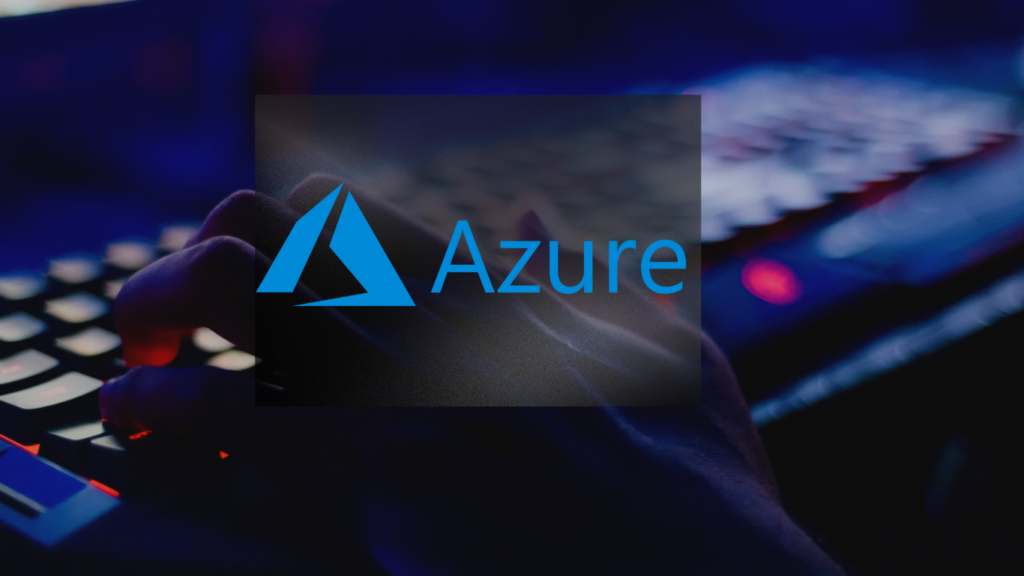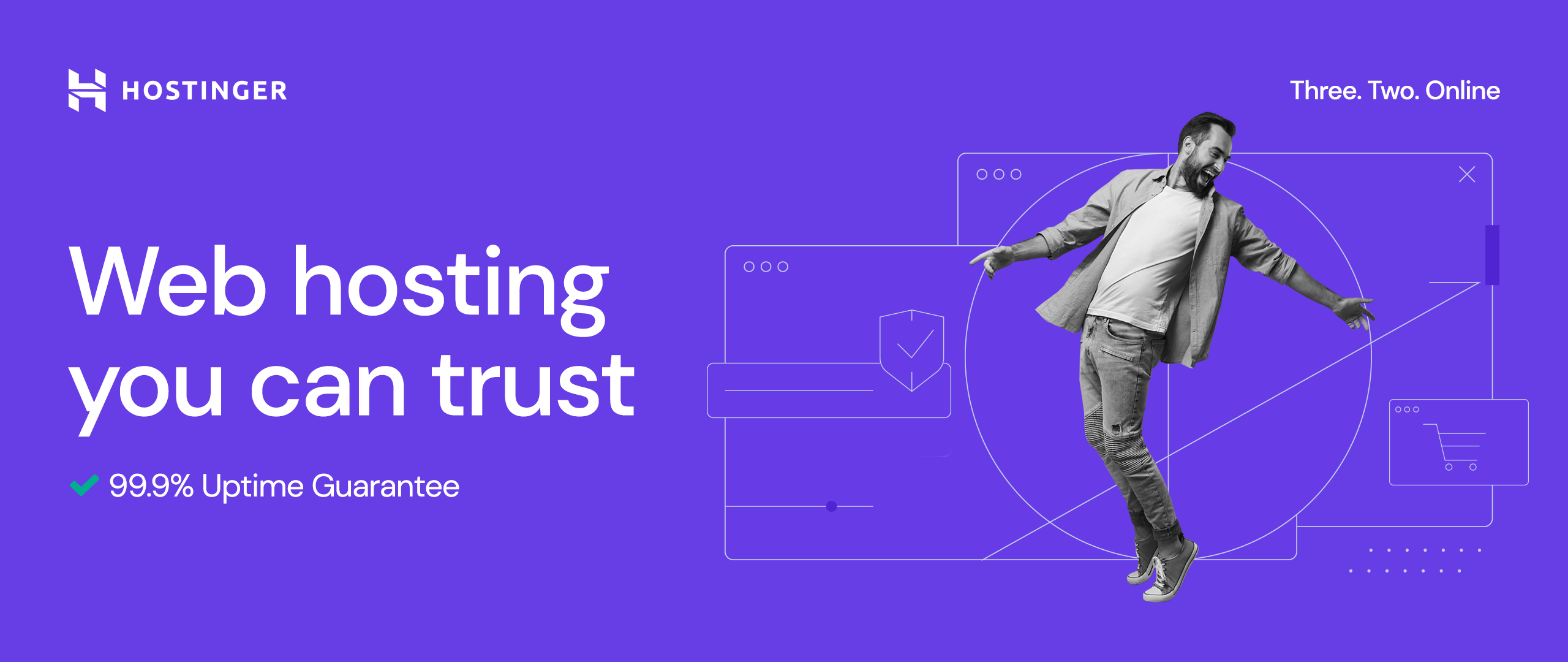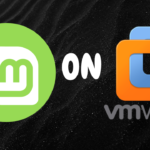Did you know that by 2025, the global market for cloud computing will reach $1.3 trillion? Businesses’ desire to use on-demand computing resources is the cause of this surge in demand. Additionally, they require a system that can adapt easily to changes and incorporate the latest technology. I’ll look at the top three cloud service providers in this guide: Amazon Web Services (AWS), Microsoft Azure, and Google Cloud Platform (GCP). This will help you pick the best cloud answer for your business.
This will help you pick the best cloud service for your business, and you can also learn about setting up a secure Azure VPN Gateway for secure cloud connectivity.
Key Action Items
- The worldwide distributed computing market is projected to reach $1.3 trillion by 2025, featuring the developing interest in cloud Services.
- This article will discuss the best cloud service providers: AWS, Azure, and Google Cloud.
- I’ll inspect each provider’s core services, pricing models, performance, security, and unique features to assist you with pursuing an educated choice.
- Readers will better understand the cloud computing ecosystem and the strengths of the industry’s leading players.
- The article expects to equip organizations with the information they need to choose the right cloud supplier for their necessities and prerequisites.
Exploring the World of Cloud Service Providers
Cloud Service Providers
A theoretical portrayal of three cloud specialist co-ops as various hued mathematical shapes drifting overhead. Each shape is associated with more modest shapes addressing different administrations or elements presented by that supplier.
The distributed computing world is evolving quickly. When it comes to choosing the appropriate cloud service provider, businesses are presented with a wide range of options to consider. Amazon Web Administrations (AWS), Microsoft Azure, and Google Cloud are driving the way. They offer a wide variety of cloud-based arrangements and administrations.
Getting to Know the Three Giants
The cloud computing giants AWS, Azure, and Google Cloud are well-known brands. They offer many types of services for various business needs. These incorporate:
- Infrastructure as a Service (IaaS)
- Platform as a Service (PaaS)
- Software as a Service (SaaS)
These services assist organizations with working better, being more productive, and advancing.
Understanding the Importance of Cloud Computing
Businesses can use computing resources, storage, and applications on demand through cloud computing. It doesn’t require costly equipment. This change has made organizations more adaptable, reduced IT expenses, and enabled them to adjust to new digital trends quickly.
As more organizations use distributed computing, the opposition among top suppliers develops. Everyone offers exceptional elements, costs, and answers for various businesses. This helps meet the changed necessities of their clients.
AWS, or Amazon Web Services, The Pioneering Force
AWS Services

Amazon Web Services’ pioneering role in cloud computing and modern technology. The sky is loaded up with mists in various shapes and tints, addressing the immense range of administrations and arrangements presented by AWS. The structures beneath are shadowed, leaving the emphasis exclusively on the splendid “AWS” sign and the mists above.
Amazon Web Services (AWS) is a forerunner in distributed computing. The way businesses use the cloud has changed as a result. With many administrations and reasonable costs, AWS is the top decision for organizations hoping to utilize cloud innovation completely.
| Feature | Description |
| Comprehensive Cloud Services | Offers a wide range of cloud tools for businesses of all sizes, including computing power, data storage, networking, databases, artificial intelligence, and tools for connecting smart devices. |
| Global Reach | Has data centres in many places around the world, making sure your data is safe and accessible quickly. |
| Advanced Security Framework | Protects your data with top-notch security measures and follows strict data privacy rules. |
| AI and Machine Learning | Helps you build and use smart computer programs with easy-to-use AI and machine learning tools such as Amazon SageMaker. |
| Flexible Resources | Automatically adjusts the amount of computing power you need, saving you money and ensuring your programs run smoothly via services like EC2 Auto Scaling and Elastic Load Balancing. |
| Hybrid Cloud Integration | Combines your own network with cloud services, making it easy to use both with hybrid solutions like AWS Outposts and AWS Storage Gateway |
| DevOps and Automation | Makes it easy to create and update software with automated tools like AWS Code Pipeline and AWS CloudFormation. |
| Cost Optimization Tools | Helps you understand and lower your cloud spending via AWS Cost Explorer and Reserved Instances. |
| Data Analytics and Big Data | Processes and understands large amounts of data quickly to find useful information using tools like Amazon Redshift, Athena, and EMR. |
| Serverless Computing | Let you create programs without having to manage servers, saving time and money with AWS Lambda. |
AWS additionally continues to bring down costs, because of its enormous scope. This helps organizations, everything being equal, from little new businesses to huge organizations, get the most worth from distributed computing and foundation as a help.
Microsoft Azure: The Flexible Cloud Stage

In the quickly impacting universe of distributed computing, Microsoft Azure stands apart as a top decision. It offers an expansive scope of administrations for various business needs. Azure allows organizations to use infrastructure as a service, platform as a service, and software as a service. It additionally utilizes server-less computing and cloud storage.
Microsoft Azure functions admirably with the Microsoft items numerous organizations as of now use, like Office 365 or Windows Server. This makes it easier for these businesses to migrate to Azure. They can make use of what they already know, which will make the transition easier and more effective.
| Feature | Description |
| Hybrid Cloud Flexibility | Seamlessly combines on-premises and cloud operations using tools like Azure Arc and Azure Stack, providing unified management across different IT environments. |
| Broad Service Spectrum | Offers a wide range of cloud services, from computing and storage to databases, networking, and artificial intelligence, suitable for businesses of all sizes. |
| Global Presence | Operate worldwide for fast access, data security and robust disaster recovery. |
| Security and Compliance | Protect your data with multiple layers of security and compliance. |
| Integration with Microsoft Ecosystem | Easily connect to your existing Microsoft tools. |
| AI and Machine Learning | Build intelligent apps with simple AI tools such as Azure Cognitive Services and Azure Machine Learning. |
| Scalability and Performance | Adapt to changing needs without sacrificing speed, ensuring optimal performance in any situation. |
| DevOps and Continuous Integration | Build software faster with automated tools like Azure DevOps, automating testing, deployment, and delivery. |
| Cost Management | Helps control cloud spending with tools to monitor, analyze, and optimize resource usage. |
| IoT and Edge Computing | Supports IoT devices and processes data closer to its source with Azure IoT Hub and Azure Edge for real-time insights. |
Microsoft Azure stands out as an adaptable and dependable choice for businesses looking into cloud computing. It fits well with Microsoft tech, offering a full arrangement of administrations for different business needs.
Google Cloud: Advancement and Versatility at Its Ideal
In the quickly impacting universe of distributed computing, Google Cloud Stage (GCP) sparkles as a forerunner in development and versatility. It offers many trend-setting innovations. These meet the changed requirements of organizations, from framework as a help to stage as a help and programming as a help.
Jumping into Google Cloud’s State of the Art Innovations
GCP’s serverless figuring arrangements let clients fabricate and convey applications without stressing over the foundation. This approach helps organizations scale effectively, making them more productive and practical.
Likewise, GCP’s distributed storage arrangements are secure and solid. They meet the developing information needs of the present organizations. With Google’s tremendous foundation, organizations can believe their information is protected and open.
| Feature | Description |
| AI and Machine Learning Leadership | Offers easy-to-use tools like TensorFlow and AutoML to create smart AI programs, backed by Google’s expertise. |
| Data Analytics and Big Data | Processes huge amounts of data quickly and efficiently, providing valuable insights with tools like BigQuery, Dataflow, and Pub/Sub. |
| Global Network Infrastructure | Connects you to the cloud by Utilizing Google’s private global network to deliver high performance with superfast speeds and reliability. |
| Hybrid and Multi-Cloud Support | Manages applications across different cloud services, making it easy to use various tools via Anthos. |
| Security and Compliance | Protects your data with top-notch security and follows strict privacy rules and compliance with global standards. |
| Scalability and Flexibility | Automatically adjusts the power of your cloud services to match your needs based on workload demands, saving you money. |
| Open Source and Innovation | Supports creating software that everyone can use and improve with projects like Kubernetes, TensorFlow and Apache Beam. |
| DevOps and Continuous Deployment | Makes it easy to build and update software with automated tools like Cloud Build, Cloud Source Repositories and Cloud Deployment Manager. |
| Serverless and Microservices | Creates microservices and event-driven applications with serverless solutions that run without needing to manage physical servers like Google Cloud Functions and Cloud Run, saving time and money. |
| Cost Efficiency and Optimization | Helps you spend less on cloud services by offering discounts and flexible payment options, helping businesses optimize their cloud spending and benefit from predictable pricing. |
Google Cloud Platform is a driving force in the ever-evolving field of cloud computing. It offers a dynamic and versatile climate. This helps associations with prevailing in the advanced age.
Google Cloud, AWS, Azure, and Other Cloud Service Providers: A Similar Examination
The distributed computing world is driven by three major names: Google Cloud, Microsoft Azure, and Amazon Web Services (AWS). Each cloud specialist co-op has its own arrangement of elements and advantages for various business needs. You can pick the best platform for your business by knowing what it offers.
AWS: The Spearheading Power
AWS began the distributed computing development. It offers many services from foundation to programming as a help. Its solid foundation and many instruments pursue it a top decision for organizations requiring dependability and loads of elements.
Azure of Microsoft: The Flexible Cloud Stage
Microsoft Azure has become more well known, particularly with organizations previously using Microsoft products. It functions admirably with the Microsoft world and has a lot of administrations. This makes it a decent choice for organizations needing a smooth cloud insight.
Google Cloud: Development and Versatility at Its Ideal
Google Cloud is about new tech, information bits of knowledge, and developing with your business. It focuses on real-time analytics and machine learning. This helps organizations with utilizing development and remain ahead in the quick impacting cloud world.
Comparative Overview
| Category | Microsoft Azure | AWS | Google Cloud Platform |
| Service Offerings | Offers a wide range of cloud services for tasks like computing, data storage, and using artificial intelligence. Works well with other Microsoft products | Provides a huge variety of cloud services for almost any need, from basic computing to advanced machine learning. | Focuses on smart computer programs (AI) and handling large amounts of data, with other cloud services also available |
| Global Infrastructure | Has data centres in many places around the world for fast service and to follow local rules. | Has data centres in more places than any other cloud service, making it very reliable and fast. | Uses its own network to connect you quickly and securely to its cloud services |
| Hybrid Cloud Capabilities | Let you easily integrate your on-premises environment with cloud services like Azure Arc and Azure Stack. | Offers ways to connect your on-premises environment to the cloud for smooth operation with services like AWS Outposts and Storage Gateway. | Provides Anthos for hybrid and multi-cloud management, enabling consistent operations across diverse infrastructures. |
| Scalability and Flexibility | Easily scales resources on-demand with support for both vertical and horizontal scaling, ideal for dynamic workloads. | Automatically scales resources to meet changing demand, offering flexible pricing and scalability through services like Auto Scaling. | Scales automatically based on workload demands, with flexible pricing models and tools like Kubernetes Engine for resource management. |
| Security and Compliance | Protects your information with strong security measures, follows important data privacy rules and compliance with global standards. | Keeps your data safe with multiple security features, obeys strict data protection laws and compliance with international regulations. | Focuses on strong security, including protecting your data from start to finish, following important data privacy rules and compliance with stringent global standards. |
| AI and Machine Learning | Offers tools like Azure Cognitive Services and Machine Learning to build smart applications that can learn and improve. | Provides a variety of tools like of AI/ML tools, including Amazon SageMaker to create smart applications. | Has advanced tools like TensorFlow, AutoML for creating smart computer programs, based on Google’s expertise. |
| Big Data and Analytics | Helps you understand large amounts of data with special tools like Azure Synapse and HDInsight. | Offers many ways to handle and understand large amounts of data with tools including Redshift, Athena, and EMR. | Is very good at handling and understanding large amounts of data quickly with services like BigQuery, Dataflow, and Pub/Sub. |
| DevOps and CI/CD | Makes it easier to create and update software with automated tools like Azure DevOps for planning, developing, testing, and deploying applications through pipelines. | Provides tools to help you create and improve software quickly with tools like CodePipeline, CodeBuild, and CloudFormation. | Offers tools to help you create and update software efficiently with tools like Cloud Build, Cloud Source Repositories, and Deployment Manager. |
| Serverless Computing | Let you create programs without having to manage infrastructure, saving time and money with solutions like Azure Functions. | Allows you to run programs or code without worrying about the provisioning servers they run on, with AWS Lambda. | Offers a way to run microservices and eve-driven application that run without needing you to manage the servers with options like Cloud Functions and Cloud Run. |
| Cost Management | Helps you understand and control how much you spend on cloud services with tools for monitoring, analyzing, and optimizing cloud spending. | Provides tools to help you spend less on cloud services with features like Cost Explorer and Reserved Instances. | Offers ways to save money on cloud services with tools like Sustained Use Discounts and Committed Use Contracts. |
| Open-Source Support | Works well with many open-source technologies offering flexibility for developers to work with their preferred tools. | Supports open-source tools and software that developers can use and improve. | Strongly supports open-source software like Kubernetes and TensorFlow, that anyone can use and improve flexibility. |
| Integration with Ecosystem | Works well with other Microsoft products like Office 365, Dynamics 365, and Active Directory. | Works with many other types of third-party software. and proprietary tools, offering a flexible environment for diverse business needs. | Works well with Google products and services with Google services and APIs, including Google Workspace and Google Maps. |
| IoT and Edge Computing | Supports IoT and edge computing with services like Azure IoT Hub and Edge, enabling real-time data processing at the source. | Provides IoT services like AWS IoT Core and Greengrass for managing and analyzing data from connected devices at scale. | Offers IoT solutions like Cloud IoT Core, with strong integration for managing and analyzing data from IoT devices. |
Security, Reliability, and Performance: Key Considerations
Picking a cloud specialist organization implies taking a gander at their presentation, unwavering quality, and security. These variables are critical to your cloud’s prosperity.
Assessing Each Provider’s Robustness and Dependability
AWS, Azure, and Google Cloud are market leaders in the cloud service sector. They offer many elements to guarantee your cloud functions admirably, keeps awake, and develops with your requirements.
- AWS is known for its broad scope of administrations, worldwide foundation, and solidness.
- Azure capitalizes on Microsoft’s experience and is broadly incorporated with their items.
- Google Cloud is an innovative and scale-ready choice, concentrated on cutting-edge arrangements.
Security Measures and Compliance
| Cloud Provider | Security Measures | Compliance Certifications |
| AWS | Multi-layered security, encryption, access controls | HIPAA, PCI DSS, FedRAMP, GDPR, etc. |
| Azure | Built-in security features, threat protection | HIPAA, HITRUST, PCI DSS, GDPR, etc. |
| Google Cloud | Advanced security technology, encryption, identity management | HIPAA, PCI DSS, FedRAMP, GDPR, etc. |
Investigating every supplier’s exhibition, unwavering quality, security, and consistency will help you with picking the right one for your business.
Usability and Integration: Streamlining Your Cloud Experience
Choosing the right cloud service provider can be overwhelming, but top providers like AWS, Azure, and Google Cloud offer tools to simplify the transition.
Usability
AWS, Azure, and Google Cloud each offer user-friendly interfaces and extensive resources. These make it easier for organizations to transition and use cloud computing efficiently.
Integration
Successful integration with existing systems and applications is crucial for a smooth cloud experience. Top providers focus on streamlining this process to enhance business operations.
“The usability and seamless integration offered by cloud service providers are critical factors in driving cloud adoption and unlocking the full potential of cloud computing for businesses of all sizes.”
Conclusion: Selecting the Appropriate Cloud Vendor for Your Business
Making the right choice regarding the cloud provider for your business is one of the largest ways that this decision could impact efficiency, scalability, and success. Understanding first the strengths and offerings of AWS, Azure, and Google Cloud, one becomes more predisposed toward each provider’s capabilities.
AWS is one of the undisputed leaders in the cloud service computing market because of its enormous service variety and proven reliability, which naturally prescribes it as a choice for businesses whose owners want to have a solid and flexible platform.
Microsoft Azure is integrated seamlessly with the rest of Microsoft’s products and has excellent hybrid cloud capabilities that will bridge the gap between on-premises and cloud environments for organizations.
On the other hand, innovation, real-time analytics, and sustainability, which Google Cloud highlighted, pertain to a forward-thinking company that intends to use such innovative technologies to stimulate growth.
You must base your selection of cloud providers on your current business needs, goals, and future aspirations. Consider the richness of services that the provider has, its pricing models, performance, and security, and to what extent it is easy to integrate. By aligning your cloud strategy with these leaders’ strong points, you will unlock opportunities in innovation and optimization of operations while setting a trajectory toward long-term success. Eventually, the best cloud provider will serve your needs today and support your organization in growing and changing in an ever-evolving digital landscape.




Pingback: 10 Best Chrome Extensions for Boosting Productivity in 2024 - guidingbytes.com
Pingback: How to Set Up a Secure Azure VPN Gateway in 2024 - guidingbytes.com
Pingback: Microsoft Outlook 2024: Features, Pros, Cons & Key Updates
Pingback: How to Add Entra ID Admin in Azure SQL - guidingbytes.com
Pingback: How to Set Up a Secure Azure VPN Gateway in 2024 – GuidingBytes